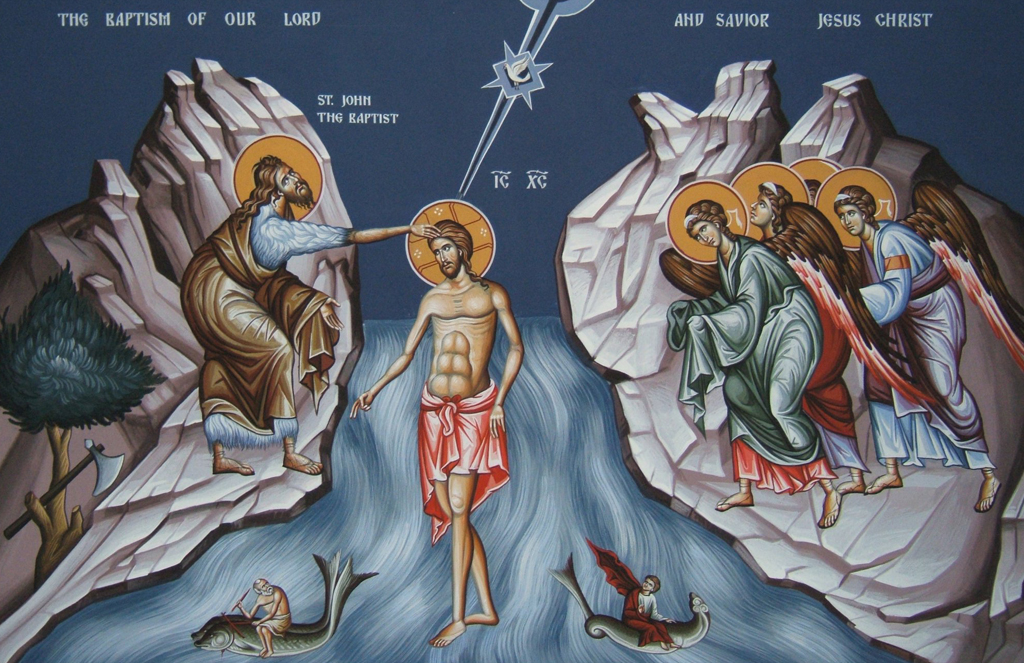Fr. Eduardo Emilio Aguero SCJ
Today, as we reflect on John 13:31-35, we are invited into the mystery of Jesus’ glorification—not through power, wealth, or worldly success, but through humility, sacrifice, and love. In a world where many leaders choose destruction and war, Jesus offers a radically different path. He does not seek to annihilate his enemies. Instead, he builds bridges. As Pope Leo XIV reminded us in his first speech, we must pursue a peace that is both disarmed and disarming—a peace that does not merely silence conflicts for a time but heals wounds, reconciles divisions, and prevents future hatred.
The Path to Glory: Humility and Love
At the Last Supper, Jesus does something unexpected. The Gospel tells us, “He laid aside his outer garments and, taking a towel, tied it around his waist” (John 13:4). He then kneels to wash the feet of his disciples—a task usually performed by servants. This act reflects John’s version of the kenosis of Christ, described in Philippians 2:7: “He emptied himself, taking the form of a slave.” Jesus humbles himself, showing that true leadership comes through service, not dominance. At this pivotal moment, Jesus teaches that glory is found not in power over others but in offering oneself for others—a love that leads to the Cross. Yet, love is not passive. It requires courage, clarity (parresia), and honesty. Jesus does not ignore the presence of evil. He directly confronts Judas, who has allowed Satan to enter his heart. Instead of condemning him, Jesus extends a final act of friendship—the offering of a morsel of food. This is his last chance to turn back, to reconsider. But Judas chooses darkness, and the Gospel tells us, “He went out. And it was night” (John 13:30). Jesus, the light of the world, gives him every opportunity to stay, but Judas chooses to plunge himself into the depths of sin and deception.
The Commandment of Love
Now that Judas has left, Jesus turns to his disciples with profound tenderness. He begins his farewell discourse, a conversation that will continue through John 17. In this moment, he gives them a new commandment: “Love one another. As I have loved you, so you must love one another” (John 13:34). What kind of love is Jesus teaching? A love that serves – He washes their feet, showing that love is action. A love that sacrifices and sanctifies – Soon, he will give his life on the Cross as the source of eternal salvation: “From his side flowed water and blood” (John 19:34). A love that forgives and challenges – He offers friendship even to Judas, knowing betrayal is near. Jesus calls his disciples “little children,” displaying both tenderness and understanding of their weakness. He knows they are vulnerable and afraid, but love must be their foundation. This love is not sentimental—it is radical, demanding self-giving, perseverance, and commitment even in suffering. The greatest demonstration of love comes in Jesus’ glorification, which begins at his Passion and death but culminates in his resurrection and return to the Father. He declares, “When you have lifted up the Son of Man, then you will know that I am” (John 8:28). Here, Jesus links his suffering to divine revelation—”I am”—the name of God given to Moses (Exodus 3:14). His glorification does not seek earthly victory. It reveals the deepest truth: God is love.
Challenges for Us Today
Building Bridges in a Divided World Jesus does not destroy his enemies—he loves them. Where do we need to build bridges in our own lives? Are there relationships that need reconciliation? How can we choose dialogue over conflict? Living the Commandment of Love Jesus’ love is not transactional—it does not seek reward. Do we love freely, expecting nothing in return? Do we serve our families, communities, and neighbors with humility? Witnessing to Christ in Our Communities Jesus said, “By this everyone will know that you are my disciples, if you love one another” (John 13:35). How does our parish reflect this love? Does our community inspire others to seek Christ because of the way we care for one another?
A Living Testimony
Love attracts. Love transforms. Love changes history. I see this happening in our parish, in our Portuguese, English, and Chinese-speaking communities. The Holy Spirit is moving among us, drawing new people into our faith. I have witnessed families growing in joy as they journey together in faith. This year, all the children receiving their First Communion in our Portuguese-speaking community were baptized right here just a year or two ago. Their parents bring them to Mass each Sunday, full of enthusiasm and devotion. This is what Jesus calls us to—to love with our whole being, to serve without hesitation, and to be living witnesses of his love. He does not simply give us an example—he empowers us with his grace. Jesus is the true door, opening the way for us to enter the flow of divine love within the Blessed Trinity. Through the Holy Spirit—the Consoler, the Sanctifier—we are sent forth as a missionary Church, a Church that goes forth.
Let us pray for the grace to love as Jesus loved. Let us transform history through service, sacrifice, and reconciliation. May our lives become radiant signs of a love so powerful that it transforms and heals human hearts and relationships.


 Follow
Follow


